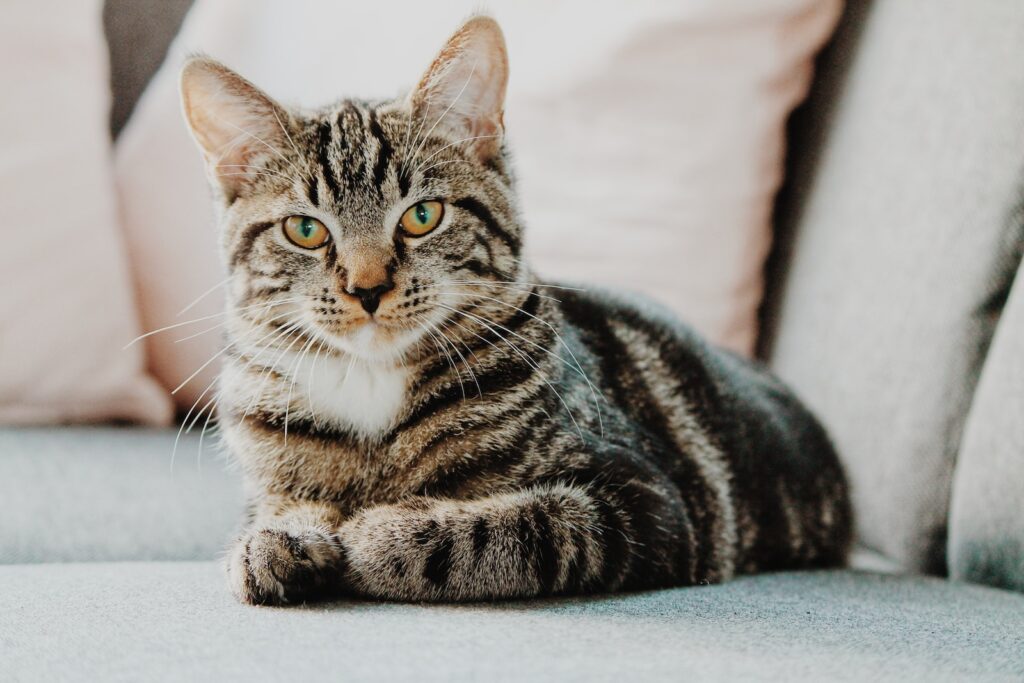Can Cats Eat Marshmallows? — No, They Can’t
Marshmallows may be a tasty treat for us humans, but unfortunately, they are not suitable for our feline friends. Cats have different nutritional needs and digestive systems, which makes certain human foods, including marshmallows, unsuitable and potentially harmful for them.
Is It Safe for Kittens to Consume Marshmallows?
Just like adult cats, kittens should not be given marshmallows to eat. Their delicate digestive systems are not equipped to handle the ingredients found in marshmallows and can potentially lead to digestive issues and discomfort for them.
Risks Associated with Feeding Marshmallows to Kittens
Feeding marshmallows to kittens can pose several risks to their health. The high sugar content in marshmallows can quickly overwhelm their small bodies, leading to obesity and other related health problems. Additionally, the artificial flavorings and colorings present in marshmallows can be difficult for kittens to process and may cause allergic reactions or stomach upset.
Why Marshmallows are Not Recommended for Cats
Lack of Nutritional Value
Marshmallows lack essential nutrients that cats need for their overall health and well-being. They primarily consist of sugar, corn syrup, and gelatin, providing no nutritional value to our feline companions. Feeding marshmallows to cats may result in nutritional deficiencies and imbalances.
Potential Choking Hazard
The soft and fluffy texture of marshmallows may make them seem harmless, but they can pose a significant choking hazard for cats. The sticky nature of marshmallows can easily cause them to get lodged in a cat’s throat or gastrointestinal tract, leading to a medical emergency.
Risk of Diabetes and Obesity
Cats are obligate carnivores and require a diet high in animal protein. Feeding them sugary treats like marshmallows can lead to weight gain, diabetes, and other metabolic disorders. The excessive sugar content in marshmallows can disrupt a cat’s blood sugar levels and negatively impact their overall health.
Known Health Issues in Cats from Consuming Marshmallows
Consuming marshmallows can lead to various health issues in cats, including:
- Tooth Decay: The high sugar content in marshmallows can contribute to tooth decay and gum disease in cats.
- Digestive Upset: Cats may experience upset stomach, diarrhea, or vomiting after consuming marshmallows.
- Allergic Reactions: Some cats may be allergic to the artificial flavorings and colorings in marshmallows, resulting in skin irritation, itching, or respiratory issues.
What to Do If a Cat Has Consumed Marshmallows?
- Monitor Their Behavior: Keep a close eye on your cat for any signs of digestive distress or allergic reactions. If any symptoms persist or worsen, consult your veterinarian immediately.
- Offer Fresh Water: Provide your cat with plenty of fresh water to help flush out any potential toxins from their system.
- Contact a Veterinarian: If you suspect your cat has ingested a large amount of marshmallows or is experiencing severe symptoms, it is crucial to seek professional veterinary advice.
Safe Alternatives to Marshmallows for Cats
While cats should avoid marshmallows, there are some safe and enjoyable alternatives that you can offer them as occasional treats. These include:
- Small pieces of cooked chicken or turkey
- Plain, cooked fish without any seasoning
- Cat-friendly commercial treats designed specifically for feline consumption
Conclusion
Although marshmallows may be tempting to share with our furry companions, they are not suitable for cats. These sugary treats offer no nutritional value and can lead to various health problems in cats, including obesity, diabetes, and digestive issues. It is essential to prioritize our cats’ well-being by providing them with a balanced and species-appropriate diet. If you are ever unsure about whether a particular food is safe for your cat, consult with your veterinarian for professional advice.






